| Location | Mount Abu, Rajasthan, India |
| Date | 1992 – present |
| Client | Brahma Kumaris World Spiritual University |
| Implementing Agency | Department for Renewable Energy, Brahma Kumaris |
| Project Partners | Ministry of New and Renewable Energy, Indian Renewable Energy Development Agency, The Indian Institute of Technology, World Bank, The German Agency for Technical Operations (GTZ), Institute of Solar Energy Technologies (ISET), Research Laboratory Experimental Building, University of Kassel, Germany, IndiaCare Charitable Trust, HTT, High Temperature Technology, Sunpower, Advanced Energy Systems, Australian High Commission, ECO Centre, Solar Brücke |
| Occupancy | The institution can accommodate 25,000 visitors per day |
| Program Cost | $5 million |
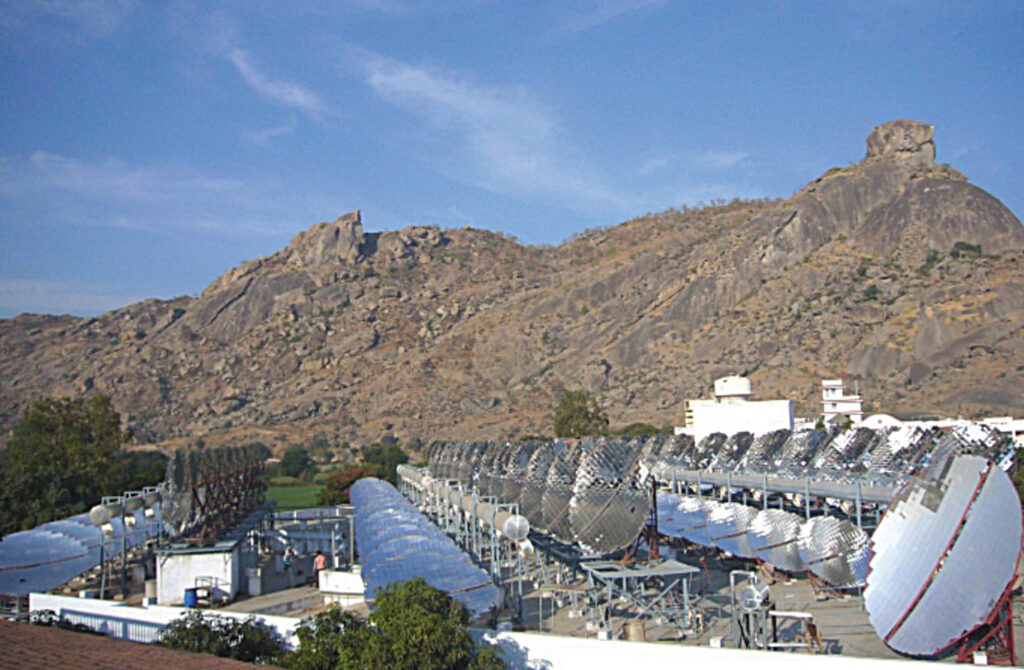
The solar steam cooking system at the Shantivan Complex of the Brahma Kumaris is capable of cooking 30 000 meals a day. Photo: Brahma Kumaris World Spiritual University
The Aravali Mountains in northwestern India are home to the Brahma Kumaris World Spiritual University, established in 1937. In 1992, Brahma Kumaris decided to expand its mission into renewable energy research and development in the hopes of finding solutions to growing environmental problems, as well as the more prosaic needs of the university such as providing electricity and food to the 2.5 million students and visitors on their three campuses. The initiatives take solar technology that usually powers single-family homes and scales it up to serve a community.
A solar steam cooking system was built in 1998 at the Shantivan Complex on Abu Road at the university. The system uses 84 solar dishes to concentrate sunlight on a tube of water, which is turned into roughly 3500 killograms of steam per day. This solar cooking system can cook up to 35 000 meals per day. In 2006, the Om Shanti Complex of Brahma Kumaris built a solar photovoltaic power plant to generate much of their own power. The Madhuban and Gyn Sarovar campuses in Mount Abu use solar hot water systems to heat 60 000 liters of water per day. The museum also outfitted the 1000-year old village of Salgaon, which borders the Gyn Sarovar campus, with solar street lighting, interior solar lanterns and solar cooking boxes.
The solar initiatives don’t stop at the front door of the Brahma Kumaris either. The university runs an Aditya Solar Shop that has distributed 15 000 solar lanterns, 500 home lighting systems and 400 solar cooking boxes. Aditya is run by the West Bengal Renewable Energy Development Agency to promote the use of alternative energy. The stores stock several different solar products by various manufacturers and provide technical and maintenance support to customers. By providing easier access, the Brahma Kumaris World Spiritual University hopes to speed the integration of solar technology.
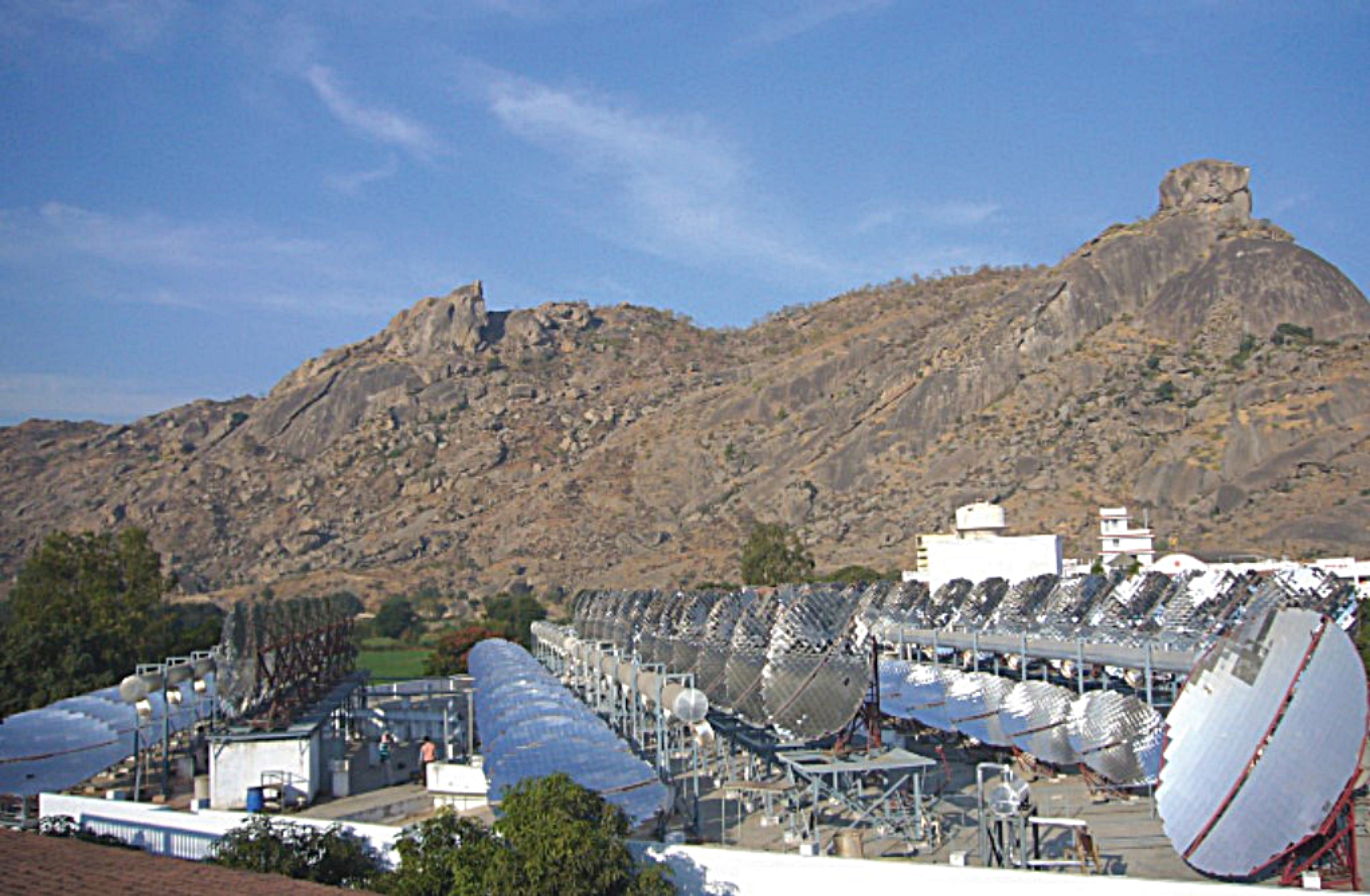
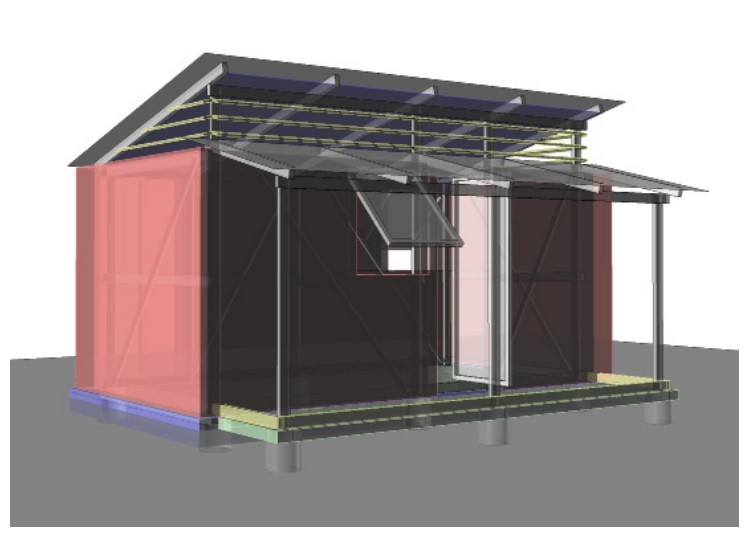
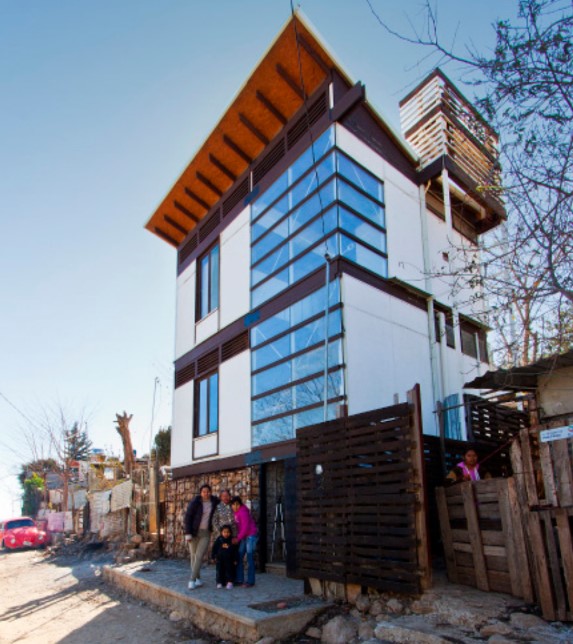
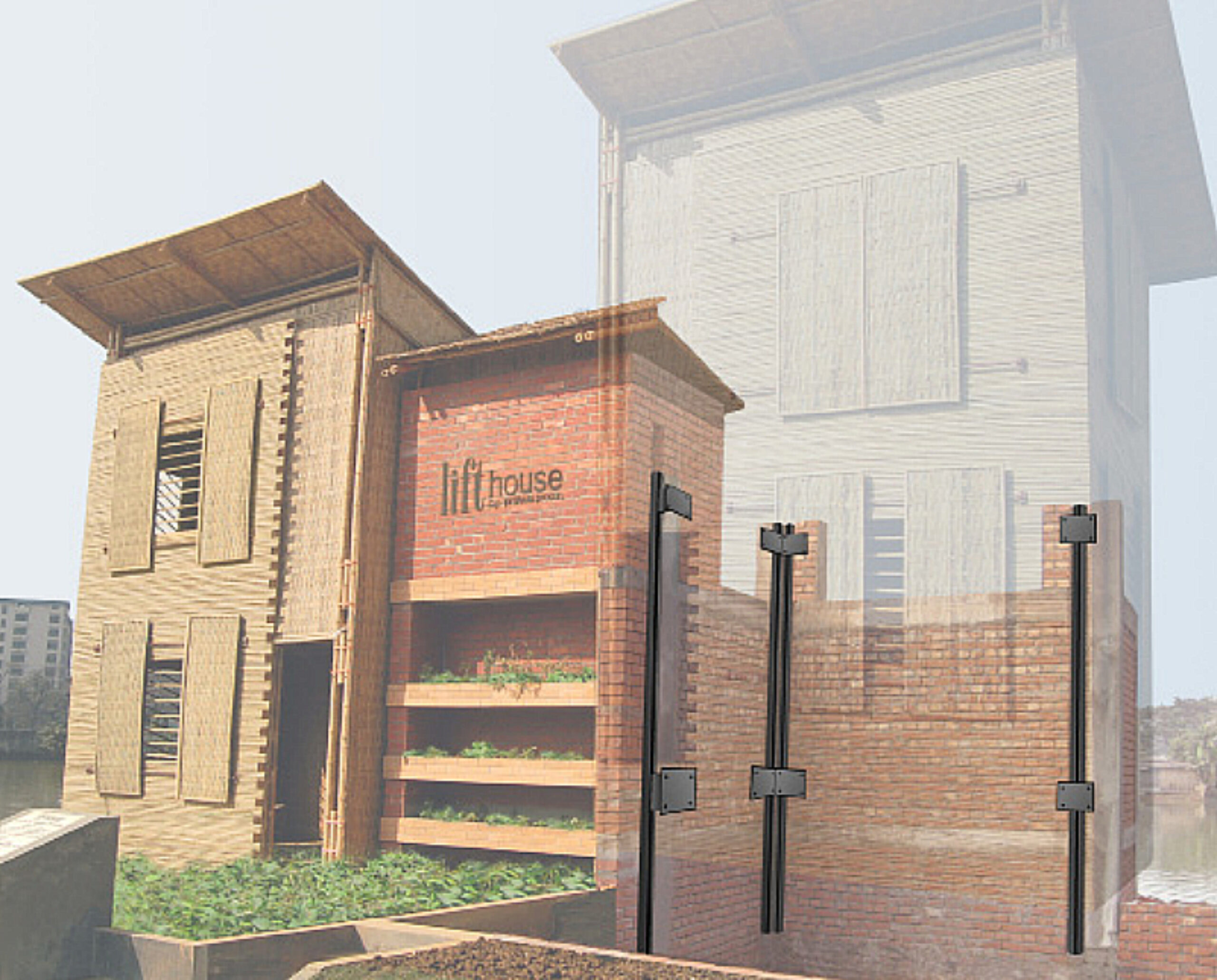

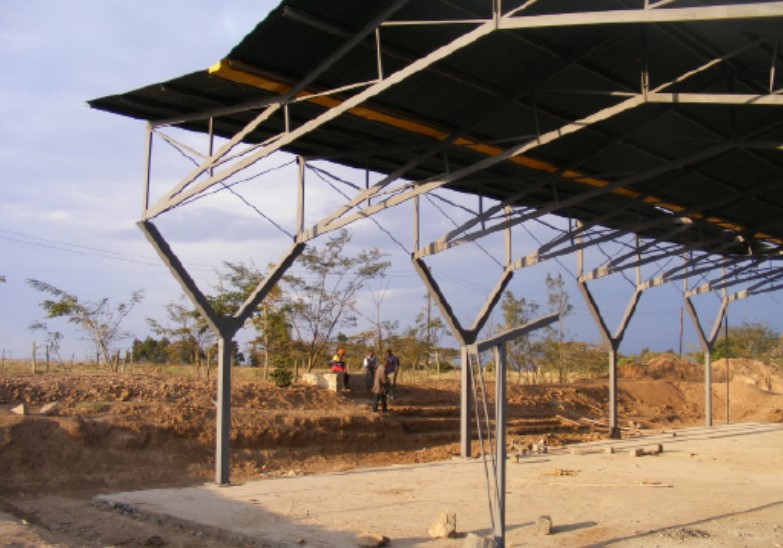
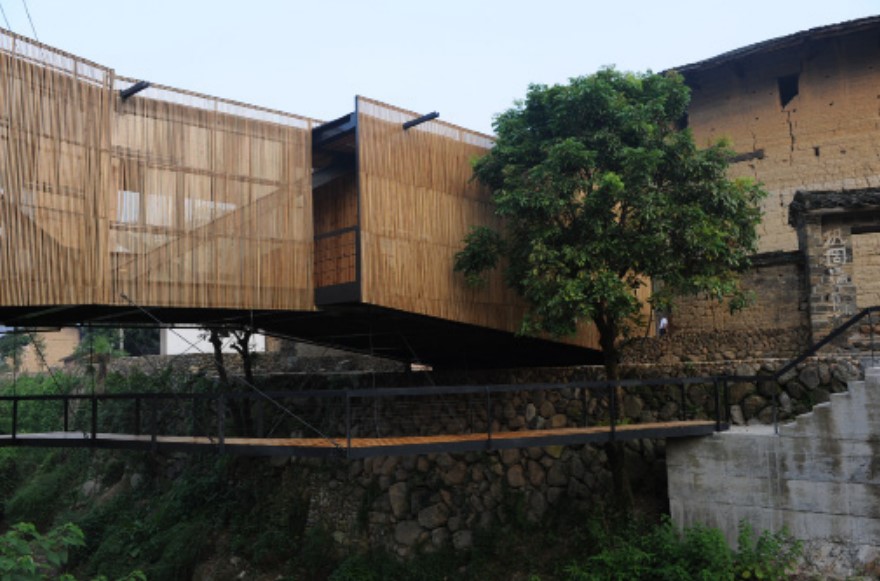
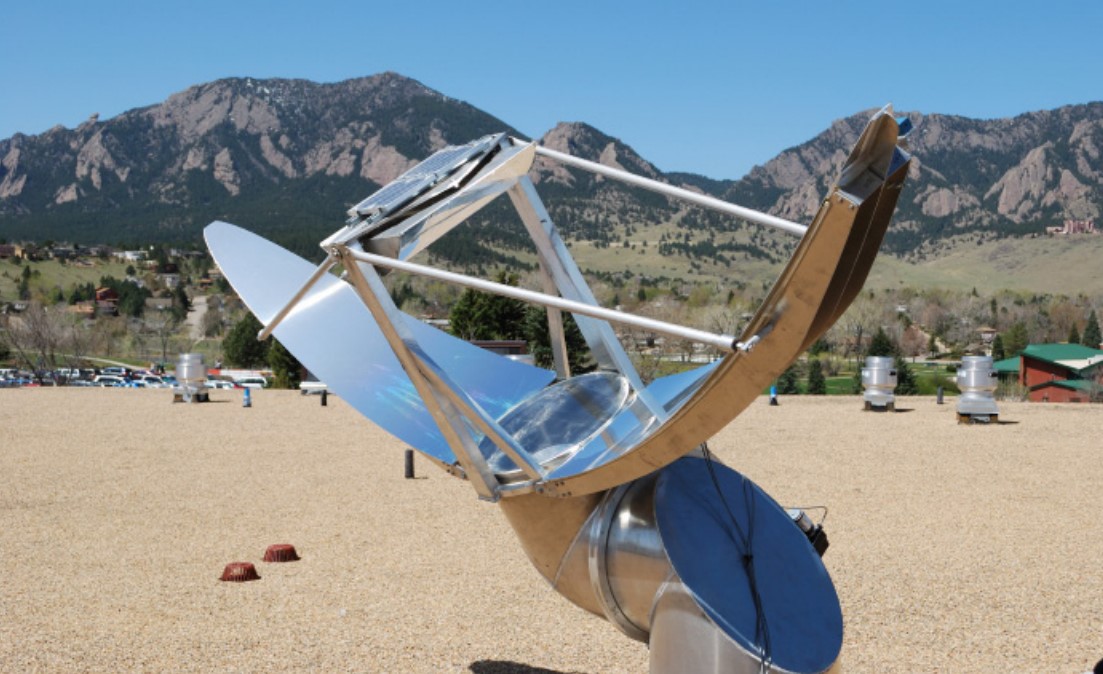
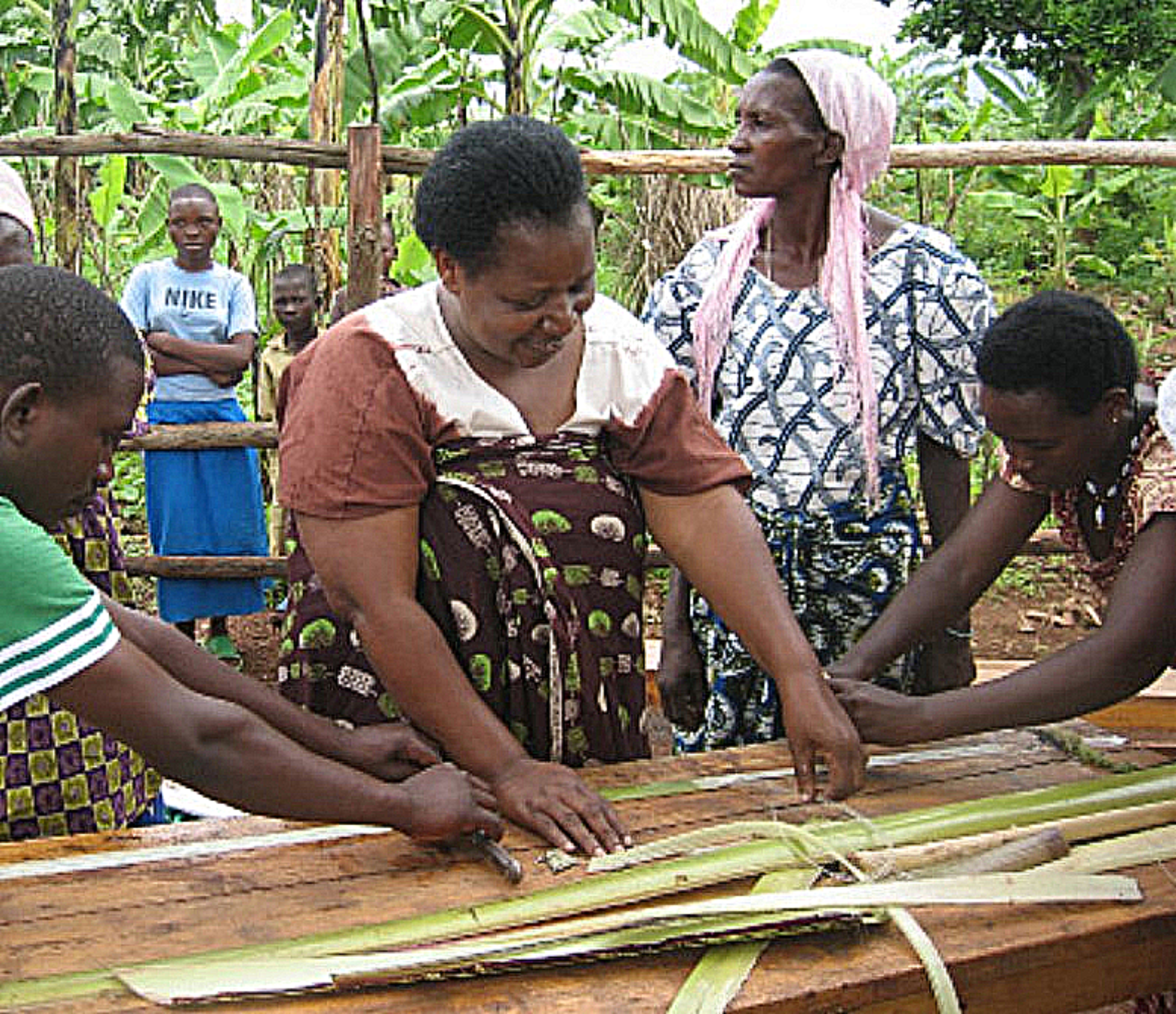
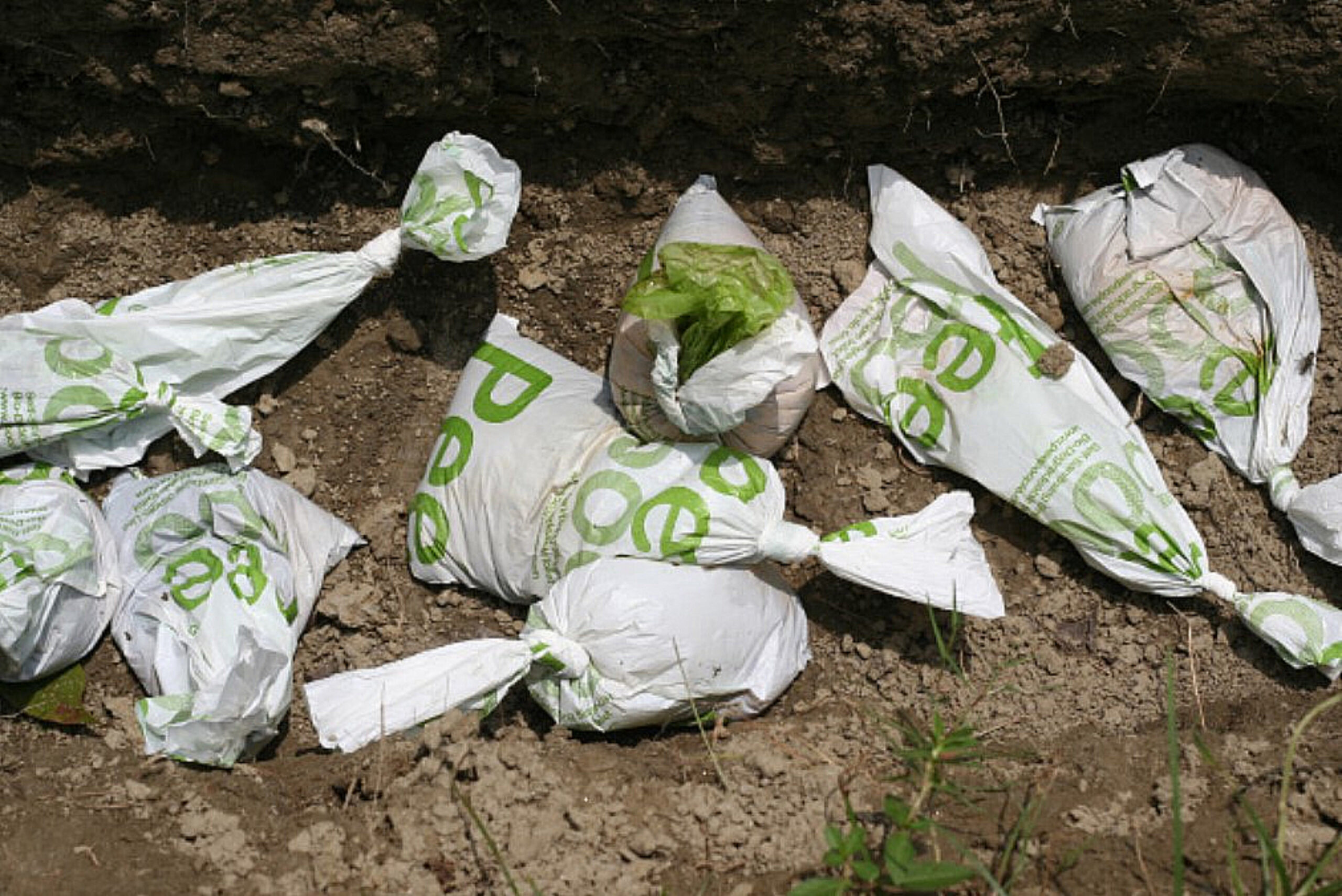
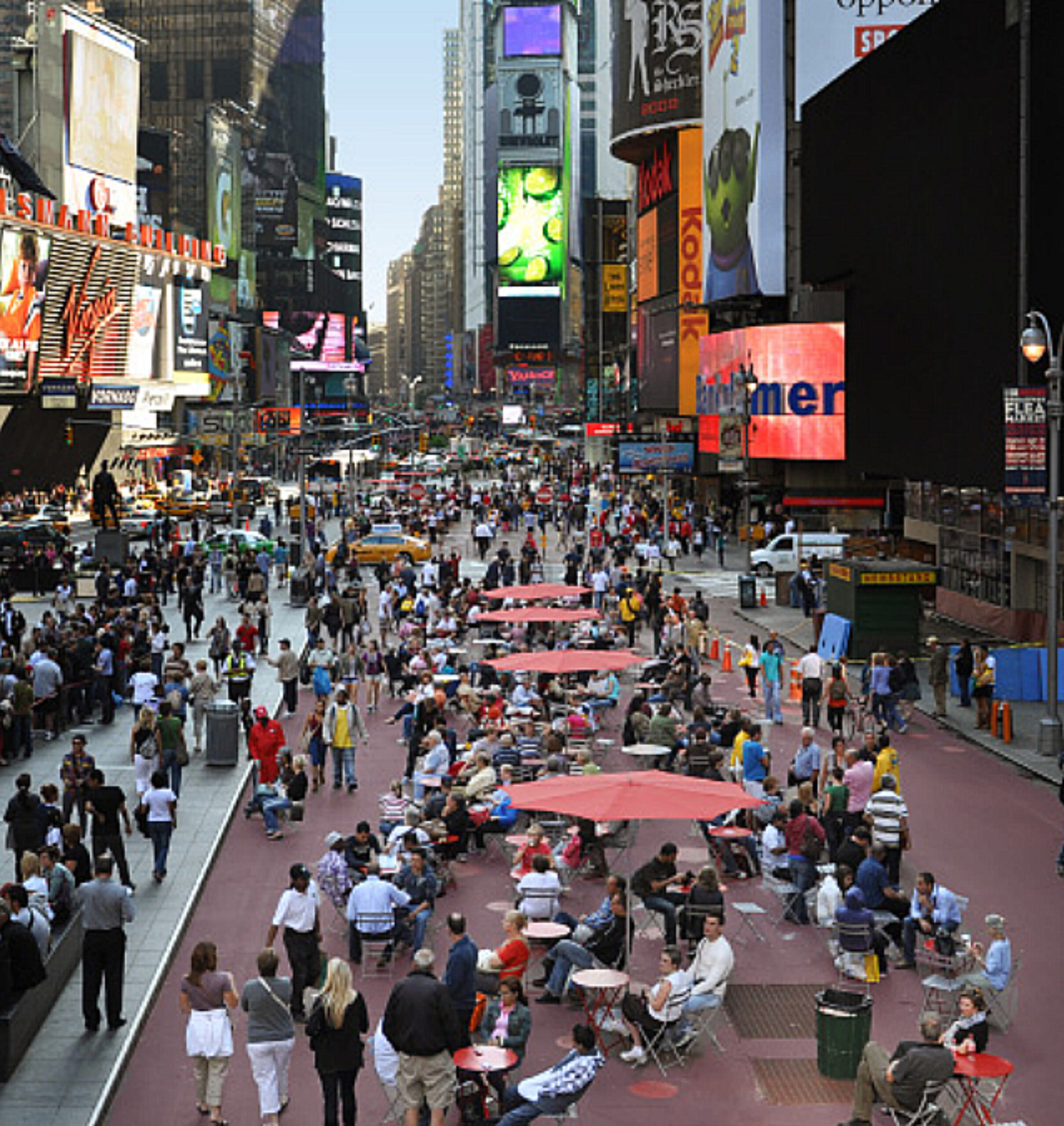
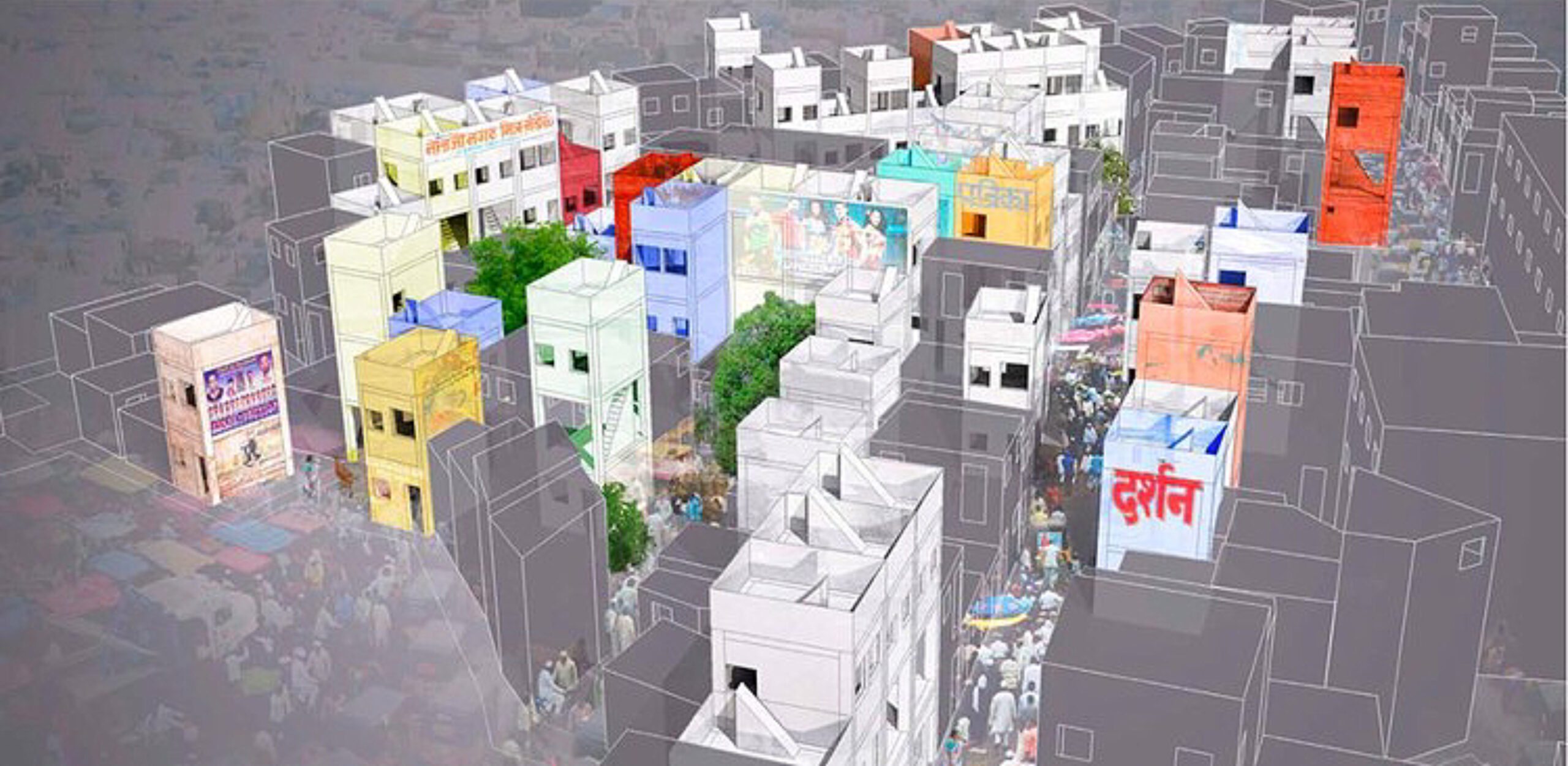

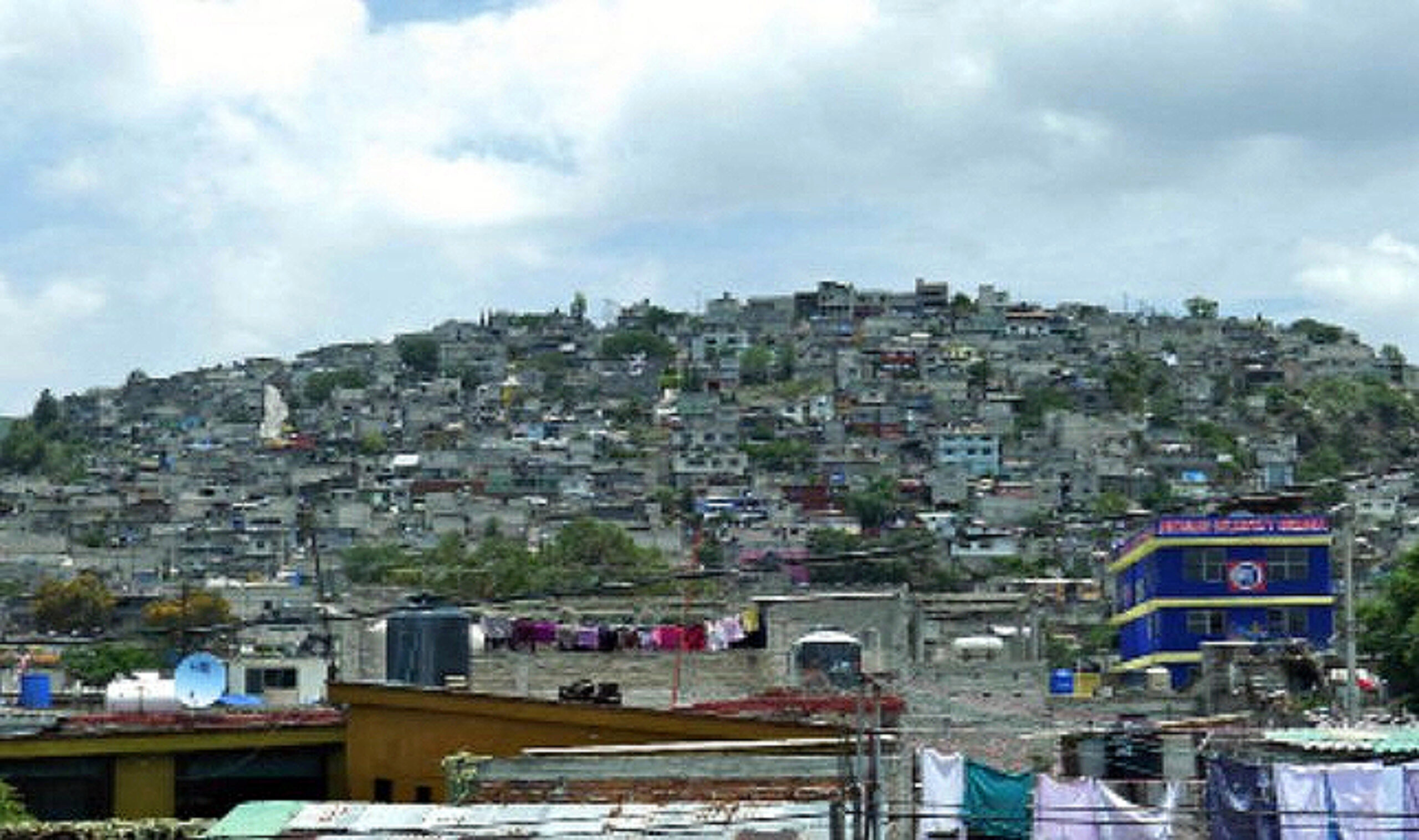
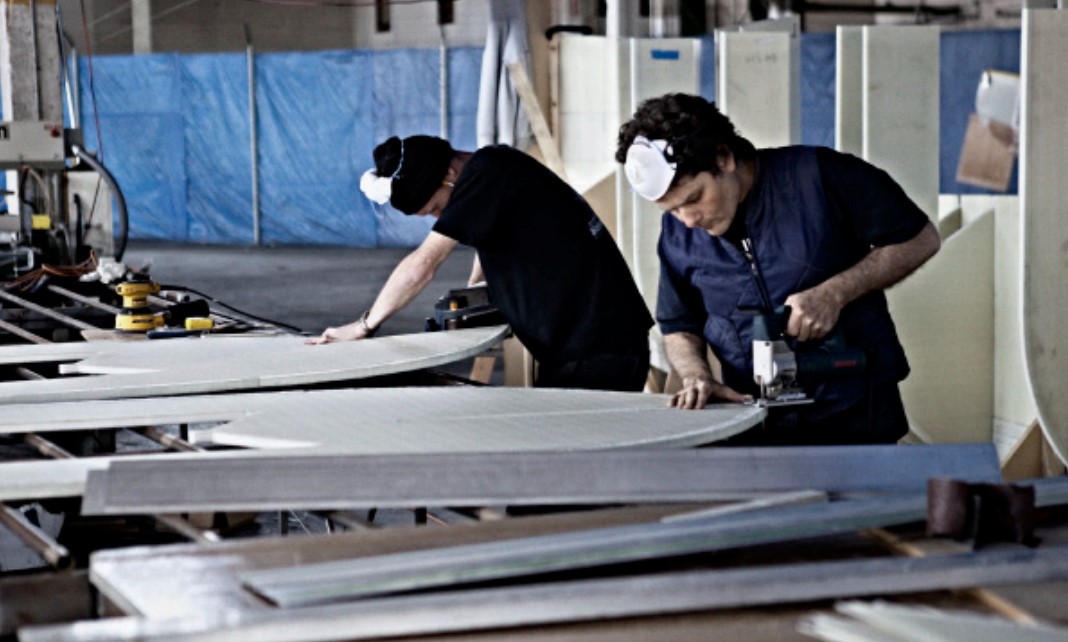
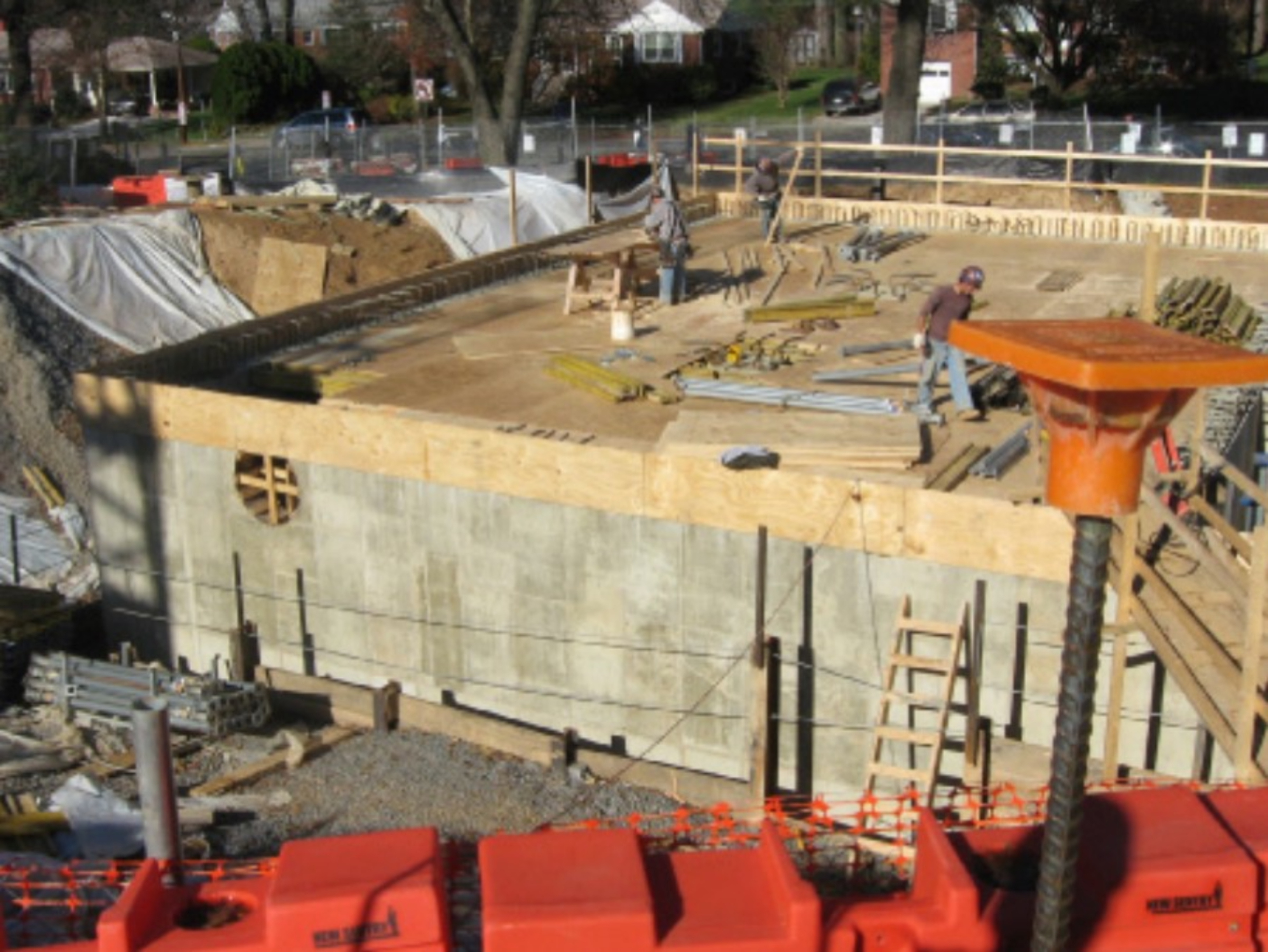
READ OR LEAVE A COMMENT